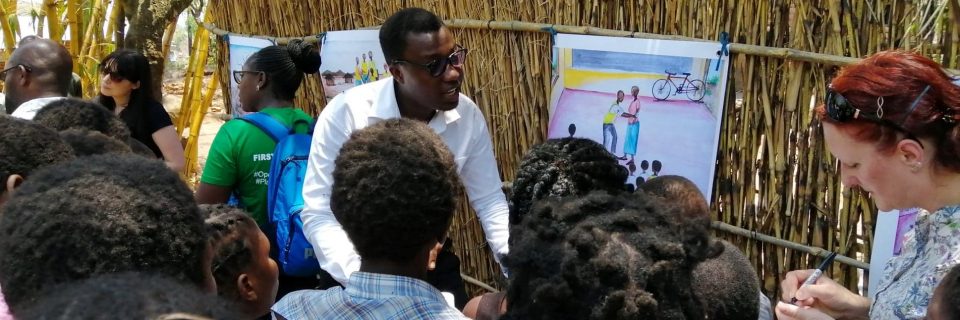ISMH initially built its reputation during the 1980s and 1990s as the Advertising Research Unit and later the Centre for Social Marketing. Our reputation has grown nationally and internationally since the move to the University of Stirling, as evidenced by the award of the prestigious Queen’s Anniversary Prize Award in 2014. This was awarded in recognition of ISMH’s research on health and the effectiveness of policies designed to protect health by controlling marketing. ISMH’s research has played a major role in shaping understanding of commercial marketing’s potentially harmful influence on health and provides vital evidence to underpin policy and legislation to improve the health of current and future generations.
Our historical roots in the discipline of social marketing, including critical marketing (the analysis of commercial marketing practices, regulation and societal impacts and the implications for health policy) are unique in health research. ISMH has a proven track record of innovation, flexibility, responsiveness and impact. Much of our work is concerned with informing the evidence base for current and future policy and evaluating existing public health policies and developing interventions in relation to commercially-driven risk factors for non-communicable disease (including alcohol, tobacco, physical inactivity, gambling, air pollution).
In 2018, ISMH attracted new staff, with further multidisciplinary expertise in, for example, public health trials, measurement of second hand smoke and other airborne exposures, the health effects and prevention of obesity, physical inactivity and sedentary behaviour and the health of particularly marginalised population (e.g. people in custody, people living in marginalised circumstances in low and middle income countries).
In the past five years we have expanded our portfolio of research to be increasingly international in focus with current work involving partners in sub-Saharan Africa, south-east Asia, South and North America and Australia. Our expertise has also grown from a primary focus on non-communicable disease prevention to include behaviour change relating to infectious disease, including flu, and consolidated by new studies looking at how to prevent the spread and negative impacts of Covid-19.
